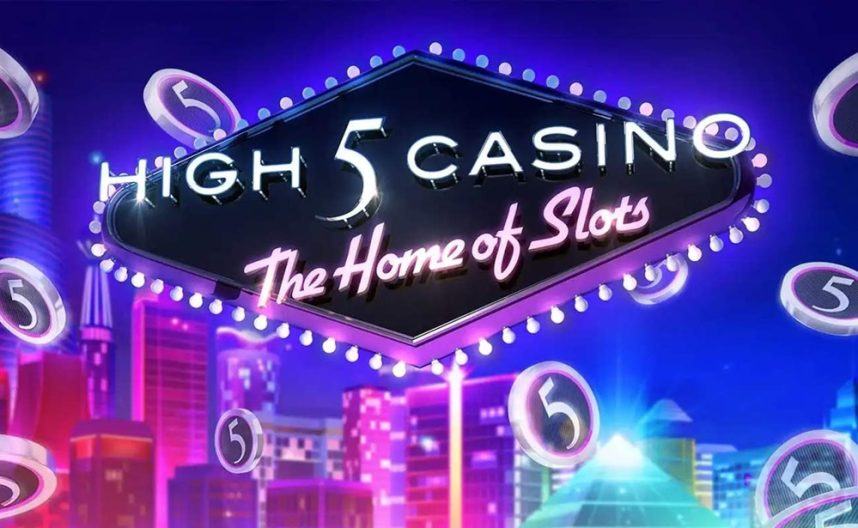


Posted on: June 17, 2024, 05:53h.
Last updated on: June 17, 2024, 05:53h.
A federal judge in Washington state has ruled that two social casino apps operated by New York-based High 5 Games constitute illegal gambling in the state.

The June 11 ruling by Western Washington District Court Judge Tiffany Cartwright could put the company on the hook for millions in damages under the state’s Recovery of Money Lost at Gambling Act (RMLGA). That’s real money, not play chips.
Cartwright agreed with the plaintiff in the case, former player Rick Larsen, that the games violated Washington’s Consumer Protection Act (CPA), as well as RMLGA.
Larsen first filed the class-action lawsuit against High 5 Games in 2018. High 5 Casino and High 5 Vegas players receive virtual coins for free when they register on tech platforms like Facebook, Google Play, and the App Store.
Once they blow through their virtual bankroll, they need to purchase additional coins with real money if they want to continue playing. Larsen spent $7,470.50 while playing the apps, according to court documents.
As a class action lawsuit, anyone who purchased virtual currency for one of the apps in Washington after April 9, 2014, could qualify to receive a damages payout.
The RMLGA states that all “persons losing money or anything of value… on any illegal gambling games shall have a cause of action to recover… from the proprietor for whose benefit such game was played… the value of the thing so lost.”
Subpoenas served by Larsen’s lawyers on Amazon, Apple, Google, and Facebook revealed that Washington residents spent more than $21.6 million on the apps between 2014 and 2023. However, the judge did not accept this as a definitive figure, and determined damages should be decided by a jury, pending further discovery.
Cartwright relied on a legal precedent in making her decision. In March 2018, federal judge Milan D. Smith of the Ninth Circuit court of appeals ruled that the virtual play chips used in the games of another social casino, Big Fish, could be considered to be “something of value,” under Washington State law.
That’s crucial because Washington describes gambling as “risking something of value on the outcome of a contest of chance or a future contingent event not under the person’s control or influence to receive something of value in the event of a certain outcome.”
Washington differs from other states where similar cases have been brought in ascribing “value” to virtual playing chips.
Plaintiffs in the Big Fish case ultimately shared a $155 Million settlement. High 5’s virtual coins “function identically” to those of Big Fish, Cartwright determined.